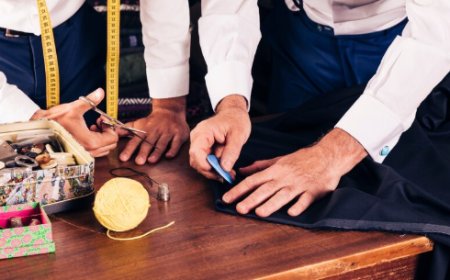I Was Trained to Survive War, But Not the War Within Me

I was trained for battle, and my body and mind were shaped by military discipline. Basic training was a test of physical endurance: miles of running under a hot sun, obstacle courses that pushed every muscle, and drills that required precision under stress. I learned to throw grenades, the weight of the pin in my hand a brief thrill before the explosion. I developed skills in teamwork, discipline, and survival, each task making me a soldier ready to face wars chaos. At thirty-four, older than most recruits, I pushed through the pain of stress fractures in my knees and heels, refusing to quit.
The Army taught me to endure, to obey, to become a machine of strength. But while they prepared me for combat, they left me unequipped for a different kind of war, one that would consume me long after I left the uniform behind. As a female soldier, I was treated by some male soldiers as if women were mere objects for their gratification, a dehumanizing attitude no woman should ever face.
The military focused on physical readiness, turning civilians into warriors able to withstand combats horrors. We were taught to navigate minefields, fire weapons with deadly accuracy, and march through exhaustion. Mental toughness was expected, but it came from physical trials, not a skill deliberately taught. There were no lessons on processing betrayals trauma, no guides for handling the emotional fallout of harassment or assault.
The Army assumed that if you could survive the physical demands, your mind would keep up. But invisible scars last longest, and I was unprepared for the internal battles that would shape my life after service.
When I enlisted, I carried dreams of honor and service, inspired by childhood ideals of protecting justice. My story, though unique, reflects the challenges others face in different ways. My book, Secrets of the Uniform, tells this story from the pride of taking the oath to the disillusionment that followed. I wrote it to share the struggles I faced, not just as a soldier, but as a woman in a system that often failed to protect its own.
The book describes my time in basic training, where I excelled in structure and discipline, only to be stunned by the toxic culture of my reserve unit. There, I faced unprofessionalism, harassment, and, ultimately, a brutal assault that combined sexual violence and physical beating, shattering my sense of safety. These experiences, though painful, were only the start of a deeper struggle, one no military training could have readied me for.
The aftermath of my assault was a plunge into a war I didnt know how to fight. The military had conditioned me to push through physical pain, but it offered no tools for navigating betrayals emotional damage. Instead of sinking into despair, I grew fiercely angry, wrestling with distrust and fear that haunted me long after the assault. I was plagued by panic attacks that hit without warning, my heart racing as if I were still trapped in that supply room. Trust, once given freely, became something I couldnt afford. Every strangers glance felt threatening, every phone call a potential danger.
In Secrets of the Uniform, I describe the constant harassment that followed my assault: threatening phone calls in the dead of night, break-in attempts at my home, and even the heartbreaking loss of my dog, shot by those who wanted to silence me. These were not battles fought with weapons or strategy but with raw fear. The military had taught me to confront an enemy directly, but how do you fight ghosts who leave no trace? How do you reclaim your life when the system you served dismisses your pain? When I sought help, there were no support groups, only a VA doctor and a handful of close friends.
I stayed silent for years, piecing myself back together mostly alone, a grueling journey of self-recovery. My efforts to seek justice through the militarys chain of command met indifference, even blame. A JAG officers cold suggestion that compliance would have spared me the ordeal left me stunned, a stark reminder that the system protected itself, not me.
For me, healing was a slow process, supported by therapy, faith, and a few who believed me. Dr. Callahan, my VA therapist, gave me space to rage and grieve, helping me rebuild a mind shaped by fear. Ray Parrish, from the Midwest Committee for Military Counseling, offered support when I felt most alone. And Vice President Al Gores intervention, prompting an Inspector General investigation, gave me hope that my voice mattered.
My path taught me that healing is not a goal but a daily choice. Each step forward, through therapy, advocacy, or simply choosing to live, is a victory over the trauma that tried to break me. I fought not just for myself but for every soldier who feels abandoned by a system that demands loyalty but offers little in return.
Secrets of the Uniform is my message, a guide for those still fighting their internal wars, proof that even in our darkest moments, we can find the strength to keep going. The military may not have prepared me for this battle, and some male soldiers treated me, a female soldier as if women were mere playthings, an injustice no woman should endure. But Ive learned to fight it with a weapon stronger than any grenade: my voice.








































